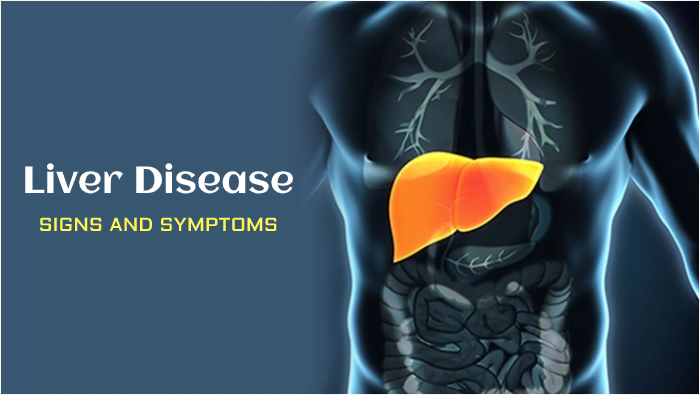- Post By - Dr.Deval Patel Hospital
- Post Date - 2025-07-17
Common Symptoms of Liver Disease: What You Need to Know
Your liver plays a vital role in your body—filtering toxins, aiding digestion, and regulating metabolism. When it's not functioning properly, it can affect your entire system. Liver disease can develop silently over time, making it crucial to recognize early warning signs before serious damage occurs.
-
Fatigue and Weakness
One of the most common—and often overlooked—symptoms of liver disease is persistent fatigue. If you find yourself feeling tired even after a good night’s sleep or exhausted from minimal activity, your liver might not be functioning efficiently.
-
Jaundice (Yellowing of the Skin and Eyes)
Jaundice is caused by a buildup of bilirubin, a yellow pigment produced when red blood cells break down. A healthy liver processes bilirubin; a damaged one doesn’t. If you notice yellowing of your eyes or skin, this is a key indicator of liver trouble.
-
Abdominal Pain and Swelling
Pain in the upper right side of your abdomen where the liver is locatedcould be a sign of inflammation or swelling. In advanced liver disease, ascites (fluid accumulation in the abdomen) may also occur, leading to bloating or tightness.
-
Dark Urine and Pale Stool
Changes in urine and stool color can indicate liver issues. Dark urine (similar to cola) and pale or clay-colored stools suggest problems with bile production or flow, a function largely managed by the liver.
-
Nausea and Loss of Appetite
Feeling nauseous, bloated, or losing your appetite regularly can be symptoms of liver dysfunction. When the liver is inflamed or congested, digestion slows down and nausea becomes more frequent.
-
Swelling in the Legs and Ankles
If your liver isn't producing enough proteins like albumin, it can lead to fluid retention, especially in the lower extremities. Swelling in your legs or ankles that doesn't go away should be taken seriously.
-
Easy Bruising and Bleeding
A liver that’s not working properly may stop producing essential clotting factors. This can cause you to bruise easily or experience prolonged bleeding, even from minor injuries.
-
Itchy Skin
Persistent itching without a visible rash can be a sign of liver disease, especially when related to bile duct issues. Bile salts can build up in the skin, causing discomfort and irritation.
When to See a Doctor
If you’re experiencing any combination of these symptoms, especially jaundice, abdominal swelling, or unexplained fatigue, it’s important to consult a healthcare provider. Liver disease can range from mild fatty liver to more serious conditions like hepatitis or cirrhosis.
The liver is a silent worker—often suffering damage long before symptoms arise. Listening to your body and spotting early signs can make a big difference in managing and even reversing liver disease. Stay proactive about your health, and never ignore these warning signals.
 24/7 Medical Service
24/7 Medical Service
 24/7 Ambulance Service
24/7 Ambulance Service
 Emergency Service -
Emergency Service - 

